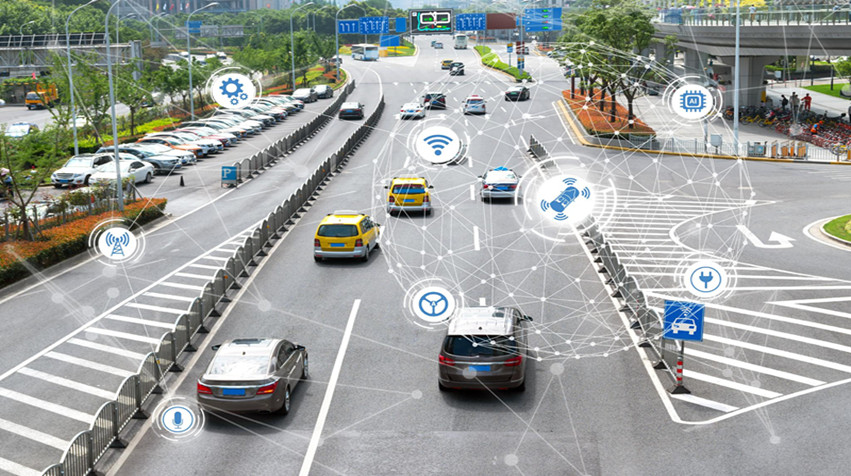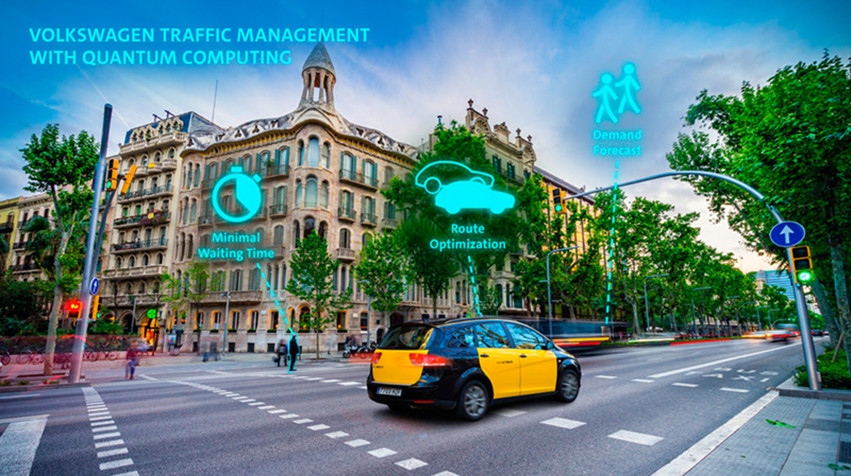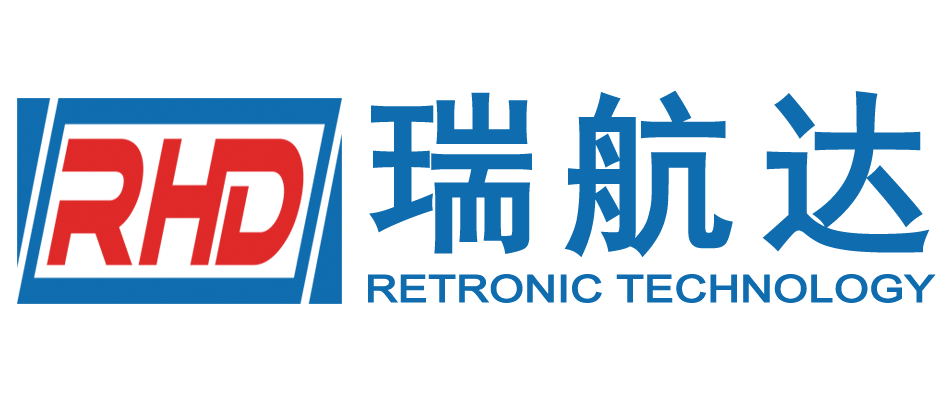
application area
Intelligent transportation
Intelligent transportation

Smart and intelligent transportation technologies are gradually becoming the core of modern urban transportation systems. One of the driving forces behind these technologies is the chip industry. The chip industry has greatly improved the efficiency and safety of transportation by providing highly efficient and intelligent solutions. Smart transportation refers to the intelligent management and optimization of urban transportation systems through the application of advanced information and communication technologies, combined with urban IoT, cloud computing, artificial intelligence and other technical means. As the core of electronic information processing, chips have played an important role in promoting the development of smart transportation. Firstly, chip technology plays a key role in vehicle control systems. Sensor chips sense the dynamic changes in the vehicle's surroundings and provide real-time data to the vehicle control system to enable automatic driving and intelligent avoidance functions. In addition, embedded chips can also control the vehicle's power system, braking system, etc., to improve the vehicle's performance and safety. Secondly, chip technology is widely used in traffic signal control systems. Intelligent traffic signal lights controlled by chips can intelligently adjust the timing of the signal lights based on road traffic conditions, making traffic flow smoothly and improving the road's throughput capacity. The chip can also link traffic signal lights with other traffic equipment to achieve the overall optimization of urban traffic systems. Finally, in smart payment and smart monitoring systems, chip technology also plays an important role. The chip can be embedded in transportation cards, dashboard cameras and other devices to achieve smart payment and vehicle information recording functions. At the same time, the chip can be used for vehicle recognition and illegal parking monitoring functions in traffic monitoring systems, improving the accuracy and efficiency of traffic management. The chip industry plays an important role in promoting smart and intelligent transportation and traffic technologies. By applying chip technology, the efficiency and safety of the transportation field are improved. In the future, as smart and intelligent transportation and traffic technologies continue to develop rapidly, the chip industry will continue to play an important role and usher in even broader development prospects.

Smart transportation refers to the intelligent transportation system, which further applies big data, cloud computing, artificial intelligence and other technological means to form the intelligent, networked and information-based transportation system. The application of chip technology in smart transportation is also becoming increasingly important.Firstly, in traffic management, chip technology can realize the collection, transmission and processing of traffic data. Traffic data collected by chip sensors can be transmitted to the back-end server for analysis and processing via wireless communication technology. These data can be used for traffic congestion warning, road network optimization, traffic event monitoring, etc., to improve the efficiency of the traffic system. Secondly, chip technology is widely used in smart public transportation system. Chip can be embedded in public transport vehicles or public transportation cards to realize real-time monitoring of public transport vehicles and passenger card payment. In addition, chip can also realize the construction of smart bus stops, providing real-time bus dynamic information and travel guide services. Finally, chip technology also plays an important role in smart parking system. Chip can be embedded in parking lot equipment to realize real-time monitoring and management of parking spaces. Through wireless communication technology, chips can connect with mobile phone apps and other terminal devices to provide parking lot navigation, online payment, etc., greatly improving the parking experience for drivers. In addition, the chip industry will strengthen cooperation with government departments and traffic management agencies to jointly promote the construction of smart transportation. The support and policy guidance of the government will play a positive role in the development of the chip industry. The chip industry will work with relevant parties to study and solve technical, standard, and security issues to promote the healthy development of smart transportation. With the rapid development of smart transportation and smart transportation technology, the development prospects of the chip industry are also very broad. In the future, chip technology will pay more attention to the research and development of miniaturization, high performance, and low power consumption. At the same time, the chip industry will also strengthen cooperation with other technology industries such as artificial intelligence and cloud computing to jointly promote the development of smart transportation and smart transportation technology.

The chip industry will also step up its research and application of intelligent driving technology. As autonomous driving technology matures and becomes more widespread, the demand for chips in vehicle control and perception will increase further, and the demand for autonomous driving chips will become higher and higher. The chip industry will face more complex technical challenges and need to continuously improve product performance and reliability. Under the push of a series of technologies and policies, domestic autonomous driving technology is gradually becoming mature, and a related industrial chain has gradually been established. In this process, autonomous driving chips, as one of its core components, have an indispensable important position. However, due to various reasons such as technical level and market scale, domestic autonomous driving chips have been in a passive state for a long time. In response to this, the state has issued documents, calling for increased support for the research and development of autonomous driving chips to achieve the original accumulation of this high-tech industry. The development history of domestic autonomous driving chips can be traced back to around 2012. At that time, domestic autonomous driving enterprises collectively went overseas to purchase American hardware chips and software systems to build development and testing platforms. As the demand for independent research and development increased, domestic autonomous driving enterprises began to lay out the independent research and development of autonomous driving core components - autonomous driving chips. In the light of the national government's long-term emphasis on the development of autonomous driving chips, in 2019, autonomous driving chips were included in the National Basic Research Development Plan for the Next Generation of Artificial Intelligence for the first time. Since then, domestic autonomous driving chip companies have sprung up and entered this blue ocean market. Companies including Hisilicon, Sanan Optoelectronics, and Junhong Semiconductor have begun to develop autonomous driving chips in earnest. In 2019, Junhong Semiconductor successfully launched a chip that is compatible with L3 and L4 autonomous driving and achieved trial runs on different road environments, including highways, urban roads, and low-speed roads. The rise of domestic autonomous driving chips marks the entry of China's autonomous driving industry into the fast lane. With the rise of domestic brands, there is great potential for the market. According to data, there are many global brands in the field of automatic driving technology, and the market is booming. The global market for autonomous driving chips has reached several billion dollars. A number of domestic autonomous driving chip companies, including Sanan Optoelectronics, Junhong Semiconductor, and Hisilicon, have entered the market one after another. Under the influence of the Matthew Effect, some companies with outstanding advantages have attracted more investment. The rise of domestic autonomous driving chips will undoubtedly give rise to more new opportunities, new modes, new products, and new ecosystems, becoming one of the important paths for the development of automatic driving technology.
